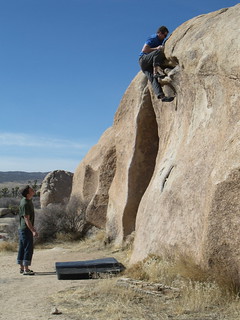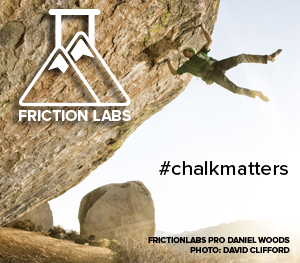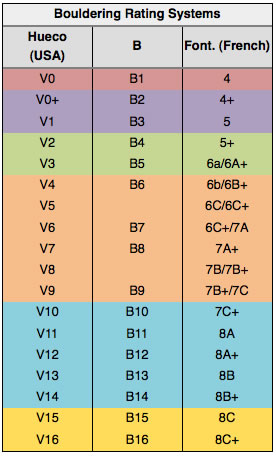About Joshua Tree
OVERVIEW
 Joshua Tree is a world famous area with thousands of routes, countless boulder problems and a very limited number of campsites. Long popular as a winter destination, it’s appeal has only grown throughout the years as climbers of all abilities have discovered the mild temperatures, grippy rock and surreal landscape which make it a must visit area on any climber’s list.
Joshua Tree is a world famous area with thousands of routes, countless boulder problems and a very limited number of campsites. Long popular as a winter destination, it’s appeal has only grown throughout the years as climbers of all abilities have discovered the mild temperatures, grippy rock and surreal landscape which make it a must visit area on any climber’s list.
Today’s park visitor comes from around the globe, with some here to climb and others simply here to gaze at the wonder. Looky-loos can crowd some areas during the weekends, but that’s part of the park’s mission allowing everyone the opportunity to enjoy the park.
That said, sometimes Joshua Tree’s popularity outgrows its carrying capacity, and is often the case, overnight camping can become very scarce, very fast. While the park service has made strides to expand the number of campsites, it has strengthened its rules about the number of campers per site, along with the number of vehicles per site. Current prices of overnight camping can be found here, along with other specific campground information. Other overnight options are listed below.
The fee to enter Joshua Tree is currently $15 per vehicle, which is good for 7 days from the date on the receipt. When time permits, the rangers will check the out-going traffic for valid receipts. An annual pass is also available, and at $30, stands as an excellent value for those visiting the park more often. Both are purchased at the check stations at the entrances to the park. Cash and credit cards are accepted.
The rock itself is quartz monzonite and tends to be fairly solid, but the less traveled and/or newer routes can have the dreaded “ball bearings underfoot syndrome” making those friction moves a tad more dicey. The best rock sports a coating of “desert varnish” or patina which darkens and solidifies the rock appreciably.
Courtesy of Mountain Project













Follow the Bouldering Portal!